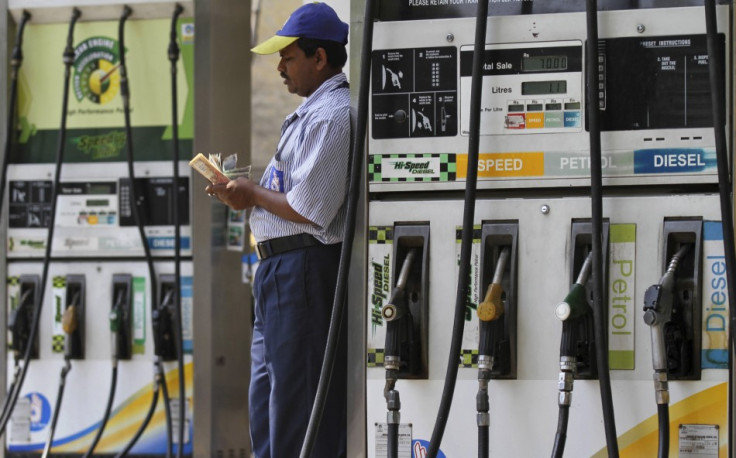Moody's Says India's Diesel Deregulation Timed Aptly, Credit Positive

The government of India's decision to lift state control on retail diesel prices has been timed correctly as low international crude prices have helped abate the inflationary impact of the move, Moody's Investors Service has said.
"Implementing reform at a time of low international oil prices reduces the potential for inflationary pressures from a jump in domestic fuel prices," Atsi Sheth, a senior vice president at Moody's said in a press release.
"Moreover, petroleum products have a small weight in India's consumer price basket and we therefore expect energy product price liberalisation to have a benign impact on CPI inflation."
Although retail diesel prices immediately fell after the announcement, risk of higher prices is there going forward in line with global prices.
The rating agency described the decision as credit positive. Moody's had upgraded the outlook on its Baa3 credit rating for the country to "stable" from "negative".
Sheth said the upgrade in the outlook was based on the agency's expectation of incremental credit positive policy changes in multiple areas over the coming months, and the assumption that the fuel subsidy reforms, which were introduced some years ago, will continue.
"India responded to the slide in international oil prices by fully liberalising diesel prices and easing controls over natural gas prices, allowing the latter to increase by about 33%."
"These steps are credit positive because they allow the Indian market to adjust to global commodity price trends and reduce the exposure of government finances to those trends."
Since September 2012, the Indian government has implemented various reforms in the fuel subsidy programme, including allowing oil marketing companies to increase diesel prices incrementally, withdrawing the subsidy on diesel sold in bulk, and limiting subsidised consumption of LPG, the rating agency noted.
Despite these steps, rising commodity prices actually led to a significant increase in the subsidy outlay. In fact, the petroleum subsidy bill grew nearly six-fold over the last five years to 855bn rupees in 2013-14, from 150bn rupees in 2009-10.
"Diesel price deregulation will reduce the subsidy burden for the government, although fiscal savings are likely to be limited. Total fuel subsidies accounted for less than 1% of GDP and under 3% of total government expenditures in 2013-14," Moody's said.
Global crude prices have fallen by more than 20% in the second half of 2014, making it an opportune time to liberalise fuel prices, Moody's noted.
"Because India is a heavy net importer of energy, with crude oil making up around 30% of total goods imports in 2013-14, lower crude prices ease pressure on the country's current account and reinforce the current disinflationary trend in headline CPI growth, providing room for subsidy reform."
The rating agency said lower oil prices are also likely to benefit India's macroeconomic balance. Diesel price deregulation was accompanied by a 5.7% drop in diesel prices, further mitigating the potential inflationary impact of subsidy reform.
Rise in prices in future
However, a future rise in diesel prices could contribute to food inflation or the food subsidy bill as companies begin to charge more for freight transportation services, and the cost of fuel-intensive machines used for the production of wheat increases, Moody's warned.
"Policies to address supply constraints by improving agricultural productivity could, however, mitigate some of the potential pass-through effects of fuel price liberalisation on food inflation."
© Copyright IBTimes 2024. All rights reserved.






